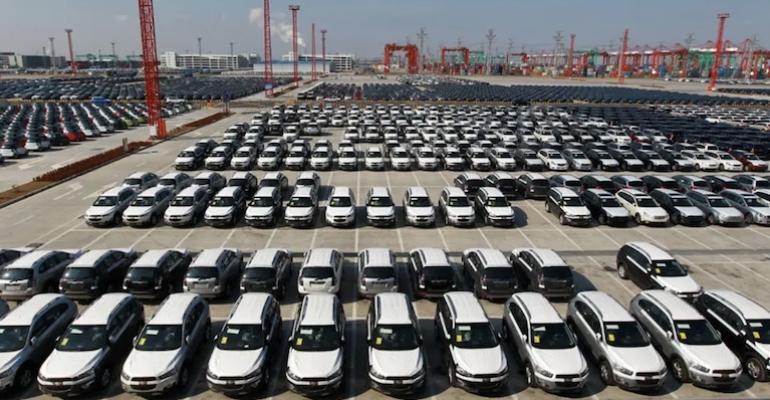In the heart of North Africa, the Maghreb countries — Algeria, Libya, Mauritania, Morocco, and Tunisia — are poised on the brink of a transformative era in production. As global dynamics shift and technology advances, these nations find themselves at a crossroads, where strategic decisions today will shape the trajectory of their economies and industries tomorrow.
1. Harnessing Renewable Energy for Sustainable Production
With abundant sunlight and vast untapped potential in wind energy, the Maghreb region has a unique opportunity to position itself as a hub for sustainable production. Embracing renewable energy sources not only aligns with global environmental goals but also presents a cost-effective solution for powering industries. Investing in solar and wind technologies can not only reduce dependency on fossil fuels but also attract eco-conscious businesses looking for sustainable production partners.
2. Technology and Industry 4.0: A Path to Competitiveness
The Fourth Industrial Revolution, characterized by automation, artificial intelligence, and data exchange, offers Maghreb countries a chance to leapfrog traditional stages of industrial development. Embracing Industry 4.0 technologies can enhance efficiency, reduce costs, and improve the overall competitiveness of the region’s production sector. Governments and businesses need to invest in digital infrastructure, skill development, and research to foster a culture of innovation.
3. Economic Diversification for Resilience
Reducing dependence on a single industry is a key strategy for building economic resilience. Maghreb nations traditionally reliant on sectors like oil and gas can explore diversification into areas such as agribusiness, manufacturing, and technology. Developing a diversified economy not only insulates countries from commodity price volatility but also creates a more balanced and sustainable economic foundation.
4. Regional Collaboration for Shared Prosperity
In an interconnected world, regional collaboration is vital for maximizing economic potential. Maghreb countries can leverage their geographical proximity to foster partnerships in trade, infrastructure development, and research. A unified approach to economic development can lead to shared prosperity, with each nation specializing in areas of comparative advantage and collectively contributing to the region’s economic growth.
5. Investing in Human Capital: The Engine of Future Production
The Maghreb’s greatest asset is its people. Investing in education and vocational training is paramount for developing a skilled workforce ready to meet the demands of evolving industries. Fostering entrepreneurship and innovation can empower the youth to drive economic growth and create a vibrant ecosystem for production and technological advancement.
6. Overcoming Challenges: Stability and Governance
To unlock the full potential of their production sectors, Maghreb countries must address challenges related to political stability, corruption, and bureaucratic inefficiencies. Clear and transparent governance, coupled with a commitment to the rule of law, will create an environment conducive to foreign investment and sustainable growth.
As the Maghreb countries stand on the brink of a new era in production, strategic decisions made today will determine their role in the global economic landscape tomorrow. By embracing sustainability, technology, diversification, collaboration, and investing in their people, these nations can forge a path towards a prosperous and resilient future. The journey may be challenging, but the potential for growth and development is boundless for those who dare to innovate and adapt.



